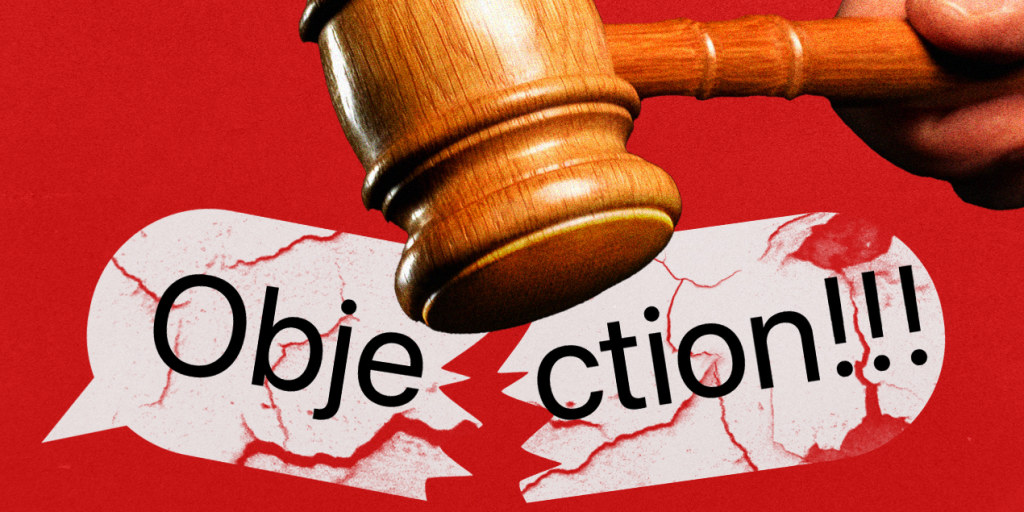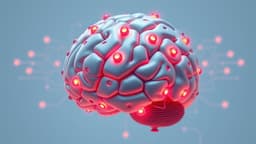Home / Crime and Justice / Judges Warn: AI Fakes Could Undermine Justice
Judges Warn: AI Fakes Could Undermine Justice
18 Nov
Summary
- Judges across the US express growing concern over deepfake evidence.
- A California case saw suspected AI-generated video submitted as real evidence.
- Experts fear hyperrealistic fake evidence could erode courtroom trust.

Judges nationwide are voicing alarm over the increasing possibility of deepfake evidence appearing in court. One California case, Mendones v. Cushman & Wakefield, Inc., reportedly involved a suspected AI-generated video submitted as genuine, which led to the case's dismissal. This incident highlights a broader concern that advanced AI tools could flood courtrooms with convincing fake videos, audio, and documents.
Legal experts and judges express apprehension that such sophisticated fakes could undermine the integrity of court proceedings and the foundation of trust upon which they stand. The rise of generative AI, capable of creating highly realistic synthetic media, presents a substantial challenge to the judiciary's mission of finding truth. While some efforts are underway to address this, the full implications are still being understood.
Discussions are ongoing regarding potential updates to judicial rules and guidelines for attorneys to verify evidence. Proposals include mandating attorneys to demonstrate diligence in identifying AI-generated content and shifting the burden of deepfake detection to judges. Technological solutions and metadata analysis are also being explored as defenses, though challenges remain in adapting to rapidly evolving AI capabilities.




